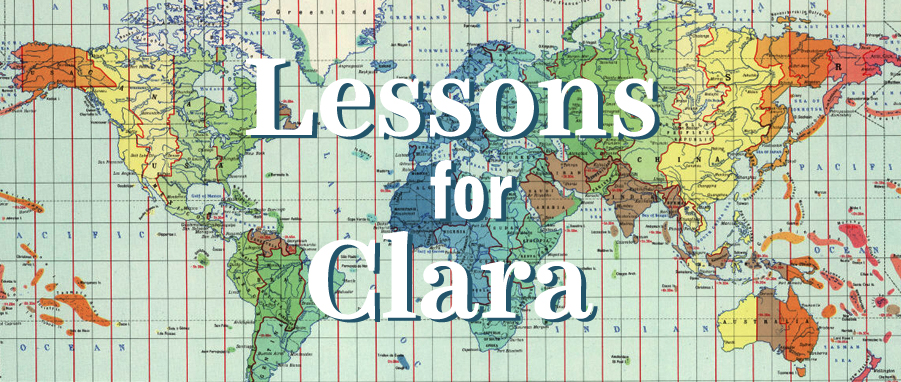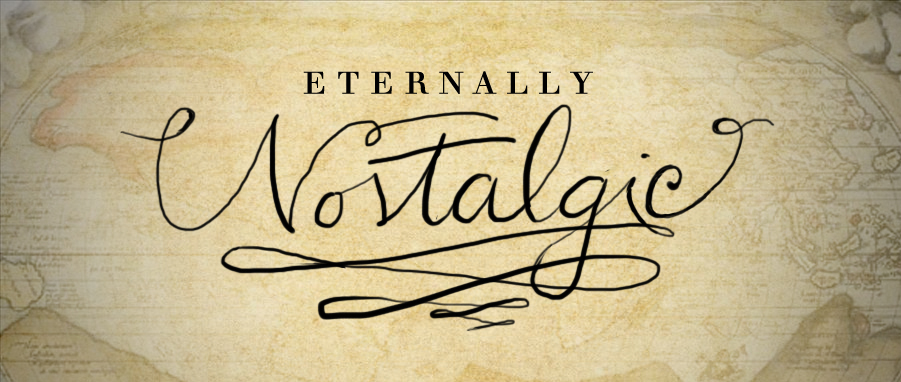I think about street harassment nearly every day, because I am harassed nearly every day. This is the reality for women who spend a decent amount of time walking around outside---even more so for women in densely populated urban centers. And I live in Manhattan, so . . . yeah. Nearly every day. Most days, the harassment is mild. A smacking of the lips as I pass, a low whistle, an obvious up-and-down with a creepy, slow nod at the end. These are the days when I think that hey, maybe it's all in my head. But then there are the times I'm followed, or told to smile, or surrounded, and I know that the milder stuff is just in a different place on the spectrum.
And before you go telling me that this is all a compliment and I should be grateful for the attention, a few things: anything that makes you feel threatened is not a compliment. Any time someone reacts to you ignoring them by calling you a bitch or a slut or a whore---all of which have happened to me---that's not a compliment. And trust me when I tell you that this happens to nearly all women, no matter what we look like. (I have lost nearly 100 pounds in the last year or so, and the only change is that instead of being called a fat bitch when I ignore men who harass me on the street, I get called a slut. So creative!)
No, it's not a compliment. It's a power play. It's a way of reminding women of what we already know: our bodies are public property, and are vulnerable to violation at any moment. (And before I hear the cries of misandry and, "Well, then, how am I supposed to approach the ladies at all?", let me cut those off at the knees with this handy, dandy guide.)
The good news is that I finally feel like this is something people are talking about. The fabulous Hollaback blogs started the conversation. You can submit your street harassment stories to them---along with photos, if you've got 'em---and trust me when I tell you that the support you get from your fellow commenters will be tremendous.
And in the if-you-don't-laugh-you-have-to-cry-because-it's-so-apt department, we have The Onion's recent post, entitled "Weird, Area Woman Wasn't Harassed Today." Let's just say they get it, proving once again that satire is this era's truest form of news. I don't want to spoil the punchline, or anything.
Chiming in from abroad is a new documentary from Belgian filmmaker Sofie Peeters. Peeters interviewed harassers for the film, which explores not only the impact of the behavior on women, but also the particular class and social issues at play. She found that confronting the men and listening to their stories led them to show her a greater deal of respect; that said, women shouldn't have to confront the men who threaten them in order to be able to walk down the street without feeling victimized. But, you know, progress is progress, however small.
It's pretty awesome knowing that all of this is out there. But it hasn't really changed my experience a whole lot. Just the other night, at about 10:30, walking from 84th to 86th Street on Broadway (a "good," if quiet, neighborhood), I was harassed three times. Once by a man who walked up behind me and whispered, "Sexy baby," once by a man telling me, "It doesn't hurt to smile," and once by a man who simply looked me up and down and licked his lips. I suppose I could have confronted them, but in the moment, it always seems safer to keep walking.
I hope my friends' daughters are never able to say the same.




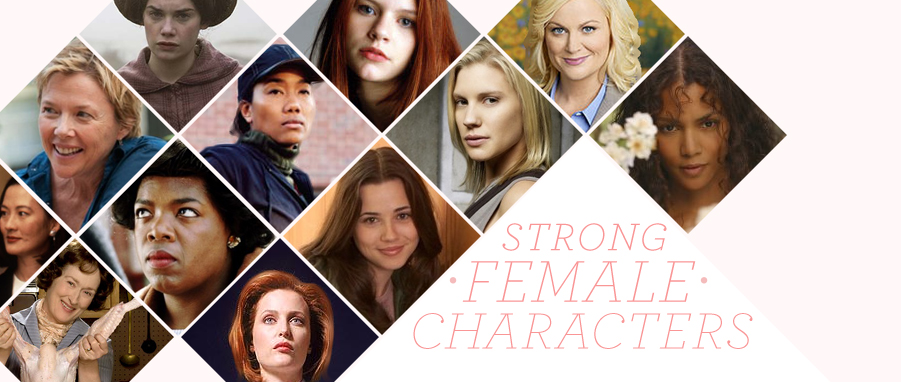
















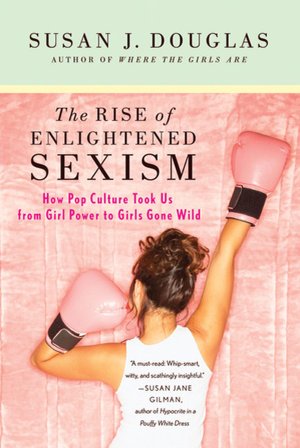
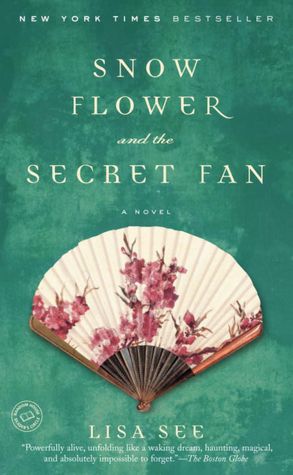 Snow Flower and the Secret Fan
Snow Flower and the Secret Fan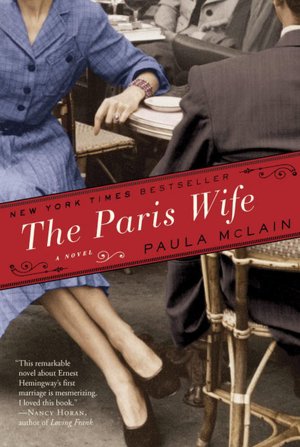 The Paris Wife
The Paris Wife The Collected Stories of Lydia Davis
The Collected Stories of Lydia Davis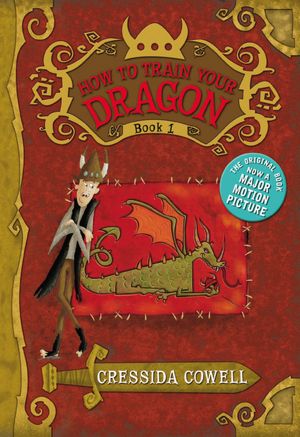 How to Train Your Dragon
How to Train Your Dragon


